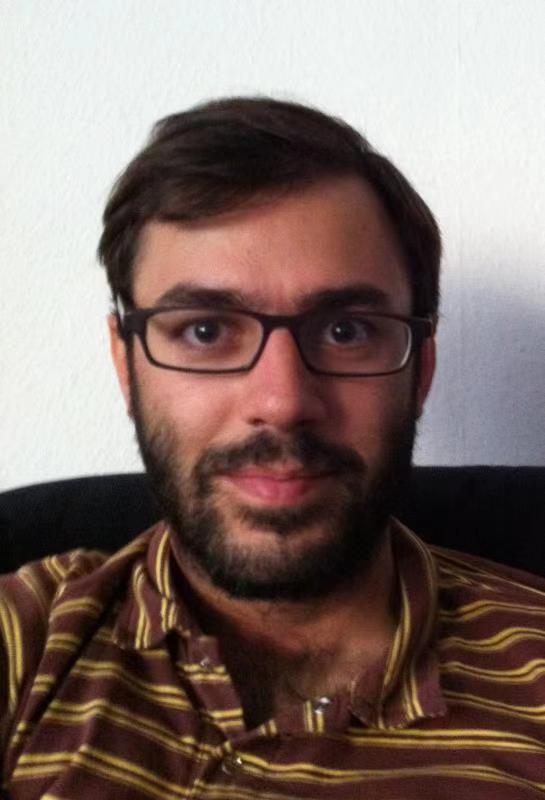报告题目:On the Complexity of Opinions and Online Discussions
报告人: Prof. Manuel Gomez Rodriguez a tenure-track faculty
报告时间:2019年9月18日 周三13:30-14:30
报告地点:理科大楼A504

报告摘要:
In an increasingly polarized world, demagogues who reduce complexity down to simple arguments based on emotion are gaining in popularity.Are opinions and online discussions falling into demagoguery? In this work, we aim to provide computational tools to investigate this question and, by doing so, explore the nature and complexity of online discussions and their space of opinions, uncovering where each participant lies. More specifically, we present a modeling framework to construct latent representations of opinions in online discussions which are consistent with human judgments, as measured by online voting. If two opinions are close in the resulting latent space of opinions, it is because humans think they are similar. Our framework is theoretically grounded and establishes a surprising connection between opinion and voting models and the sign-rank of matrices. Moreover, it also provides a set of practical algorithms to both estimate the dimensionality of the latent space of opinions and infer where opinions expressed by the participants of an online discussion lie in this space. Experiments on a large dataset from Yahoo! News, Yahoo! Finance, Yahoo! Sports, and the Newsroom app show that many discussions are multisided, reveal a positive correlation between the complexity of a discussion, its linguistic diversity and its level of controversy, and show that our framework may be able to circumvent language nuances such as sarcasm or humor by relying on human judgments instead of textual analysis.
报告人简介:
Manuel Gomez Rodriguez is a tenure-track faculty at Max Planck Institute for Software Systems. Manuel develops machine learning and large-scale data mining methods for the analysis, modeling and control of large social and information systems. He is particularly interested in the creation, acquisition and/or dissemination of reliable knowledge and information, which is ubiquitous in the Web and social media, and has received several recognitions for his research, including an Outstanding Paper Award at NIPS’13 and a Best Research Paper Honorable Mention at KDD’10 and WWW’17. Manuel holds a BS in Electrical Engineering from Carlos III University in Madrid (Spain), a MS and PhD in Electrical Engineering from Stanford University, and has received postdoctoral training at the Max Planck Institute for Intelligent Systems. You can find more about him at http://learning.mpi-sws.org.